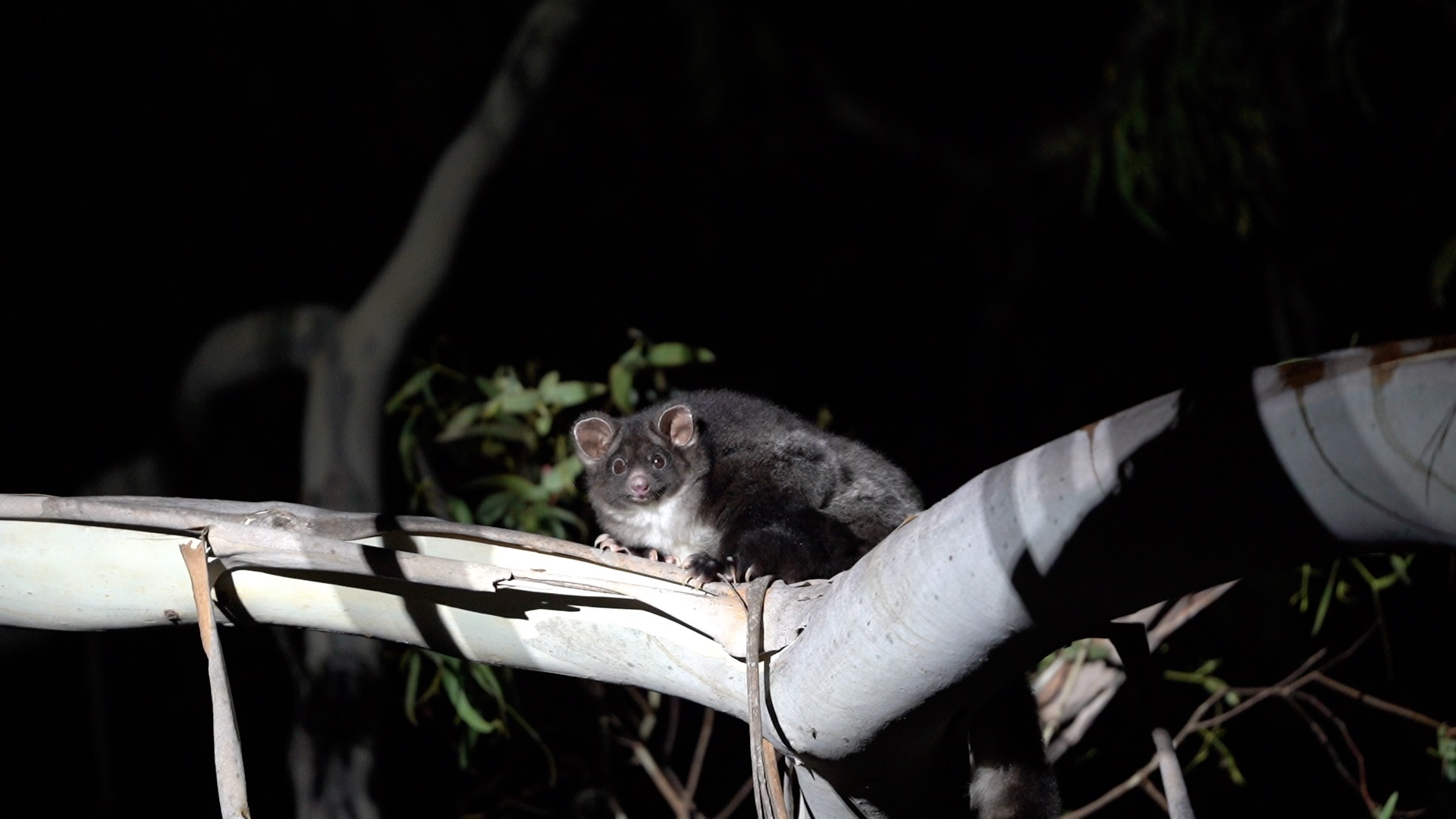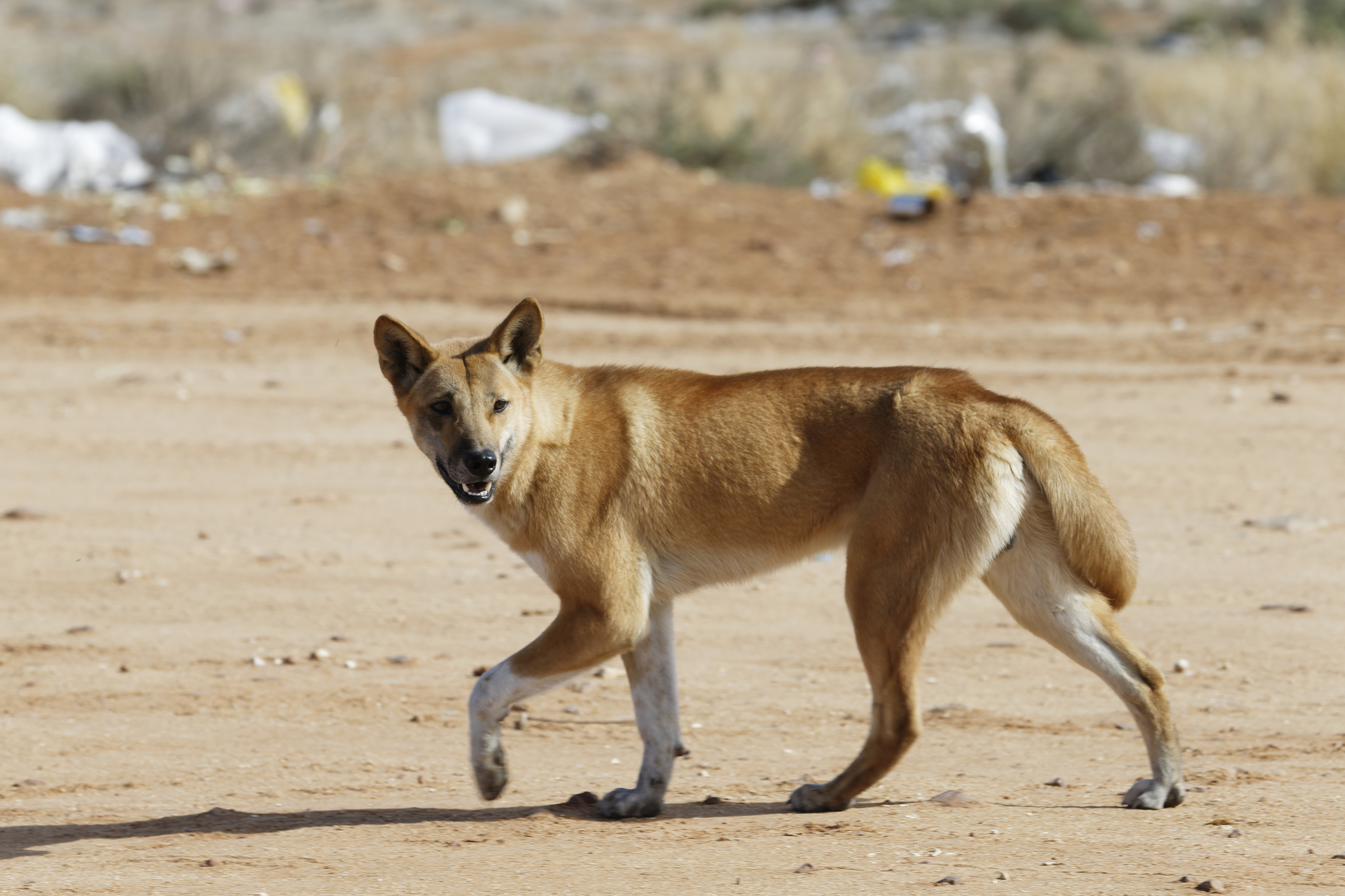Five hours south of Sydney, in the high country of south-east New South Wales, Glenbog State Forest sits quietly on the edge of the escarpment. At first glance, it looks like many other native forests. But Glenbog is not just any forest. It is one of the few remaining high-elevation “cloud forests” in southern NSW. These are places where geography...
The Australian Government has announced that the Endangered pygmy blue tongue skink will be nominated for an Appendix I CITES (Convention on International Trade in Endangered Species) listing. Due to its small size and brilliant blue tongue, the skink is a popular fixture in the global live pet trade, which is now threatening the remaining native population, found only in limited parts of South Australia.
If listed at the CITES Conference of the Parties (COP), to be held later in November, the skink will be protected from international trade, except in extremely limited circumstances. Appendix I listings are reserved for species that are threatened with extinction. The skink is unique to Australia and listed as Endangered under Australian federal law, as well as under South Australian environmental law and IUCN’s Red List. Conservation organisation Humane Society International (HSI), welcomes the proactive decision to nominate the skink for a global trade ban, saying it is a critical ingredient in saving what remains of the wild skink populations from poaching.
Although our own laws prohibit the export of live native wildlife, species are routinely advertised on pet trade websites and Facebook groups overseas. This CITES listing is a call to action for CITES member countries around the world to end imports of pygmy blue tongue skink.
The illegal trade in reptiles is often cruel, where live animals are bound with tape and stuffed into socks or small containers before being shipped abroad with no food or water. Many do not survive the journey. Sadly, Australia’s outstanding reptile fauna is highly sought after in the international pet trade, as indicated by regular seizures.
Nicola Beynon, Head of Campaigns for Humane Society International, said, “We are thrilled to see the pygmy blue tongue skink nominated for the highest CITES listing—Appendix I. The live trade in reptiles is horrifically cruel, and has a lasting impact on already struggling native reptile populations. This nomination, if successful, will allow countries around the world to crack down on imports of pygmy blue tongue skinks to stymie the trade and help Australia protect wild populations from poaching.”


